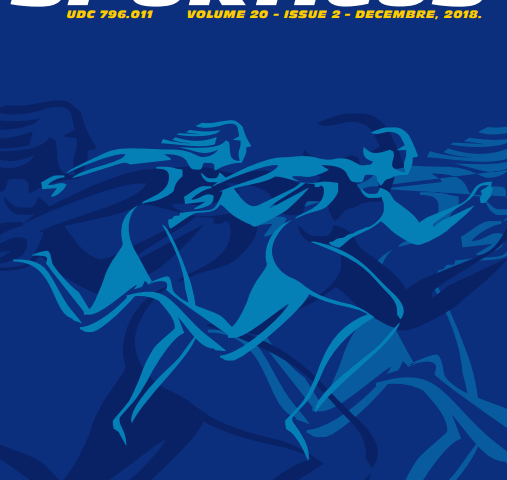Abstract
The aim of this study is to determine how a set of motor abilities variables contribute in predicting the success of the execution of the basic elements of alpine skiing. A sample of 40 students of the Faculty of Sports and Physical Education aged 20-23 and the level of their motor skills as well as the success of performing the basic elements of alpine skiing are the subject study. The criterion variable was a cumulative assessment of the performance of the alpine skiing elements, and the predictor variables were three tests for six general motor skills. The predictive contribution of motor ability variables in relation to the criterion variable was examined by Regression analysis. A high general predictive contribution of the applied set of predictor variables (motor abilities) to the criterion system of variables of the basic elements of alpine skiing of 54% of the explained common variability was determined, which is statistically significant at the level of p <0.001. A statistically significant partial predictive contribution was not determined for any motor ability variable. It is obvious that only optimal, common, synergistic manifestation of motor abilities can have a significant impact on the assessment of performance elements of alpine skiing. The results of this research can be the basis for the construction of an adequate Test Battery (measuring instruments), on the basis of which adequate information necessary in the process of planning and programming certain transformation processes in the ski school can be obtained.
Keywords: motor skills, alpine skiing, predictive contribution


